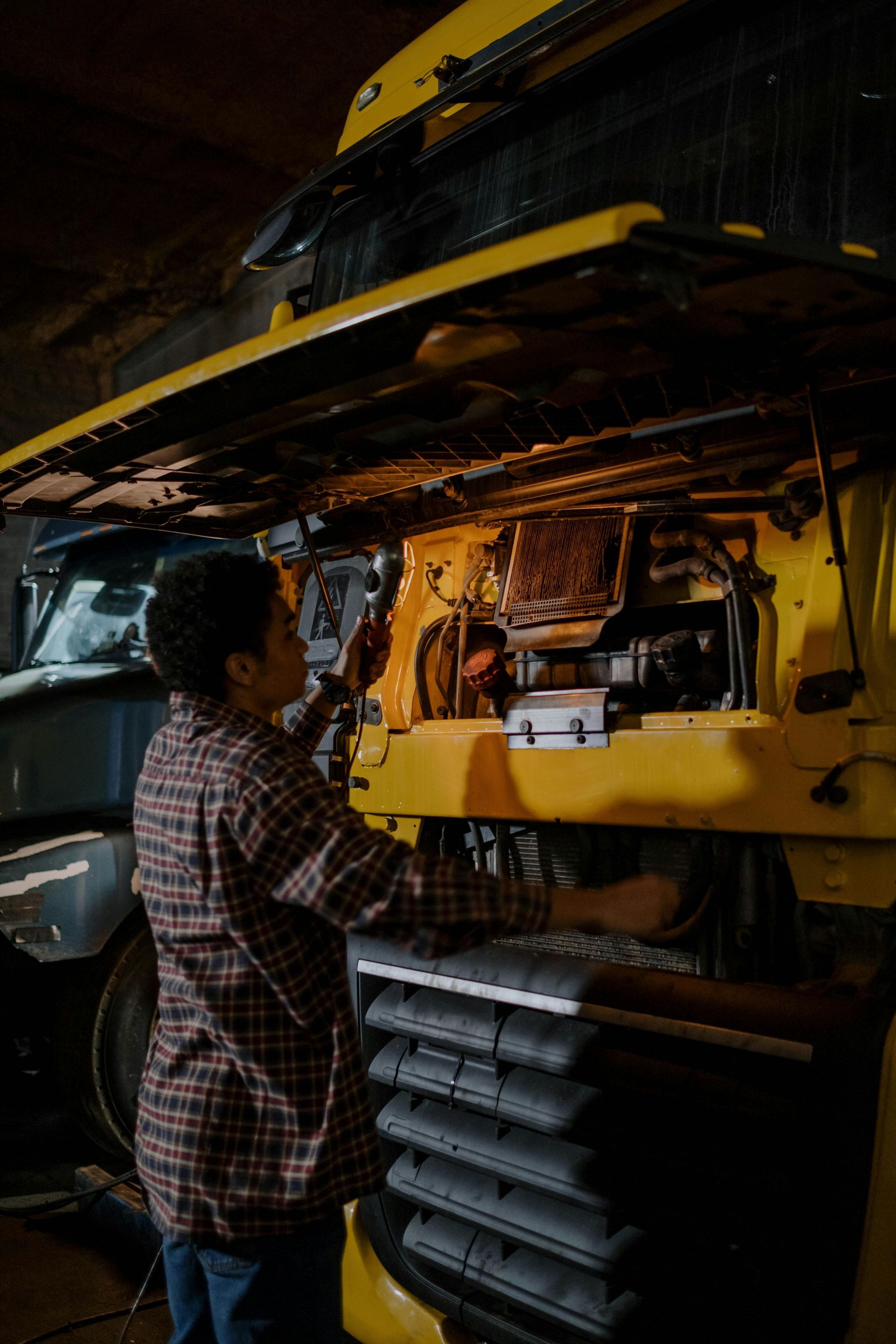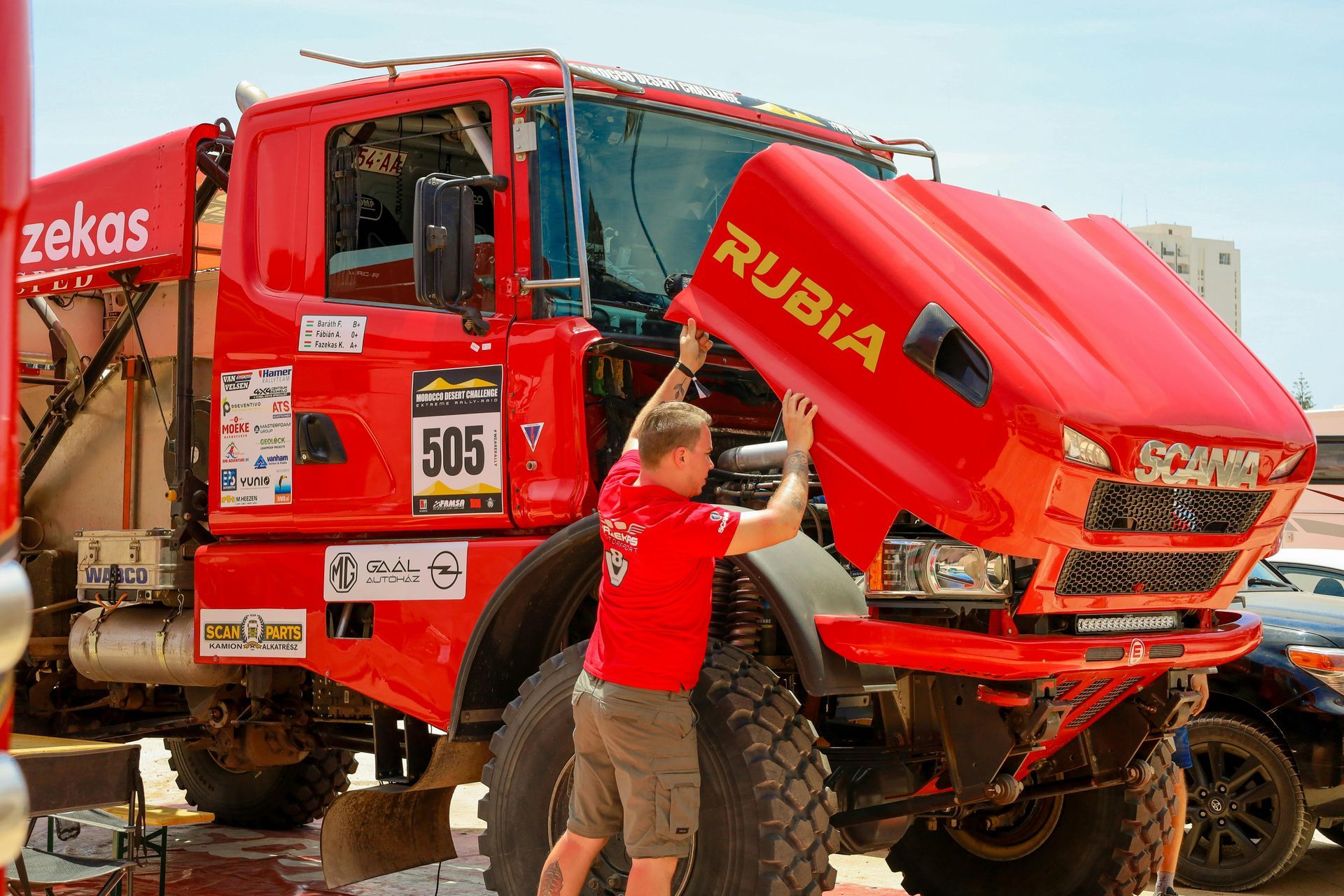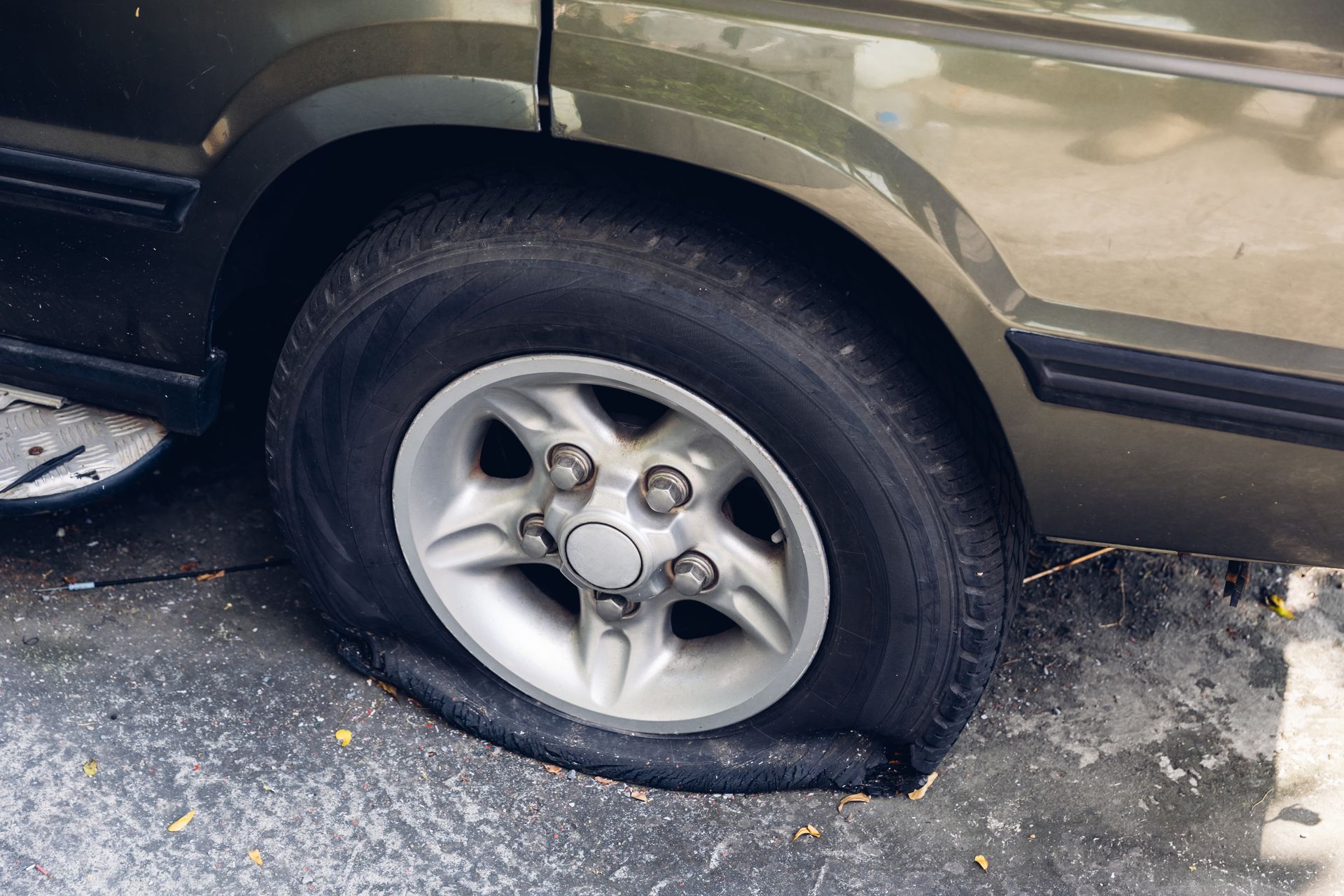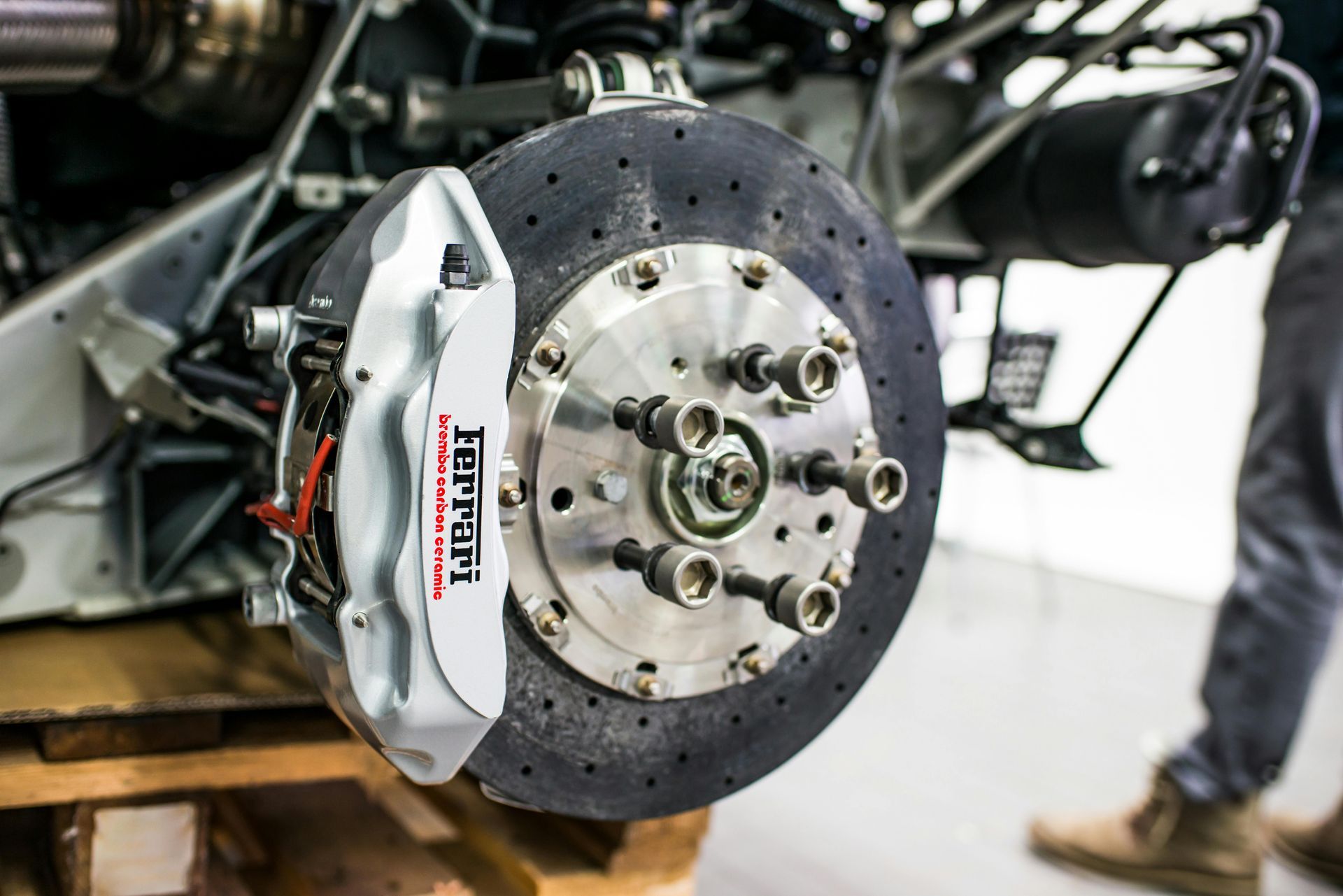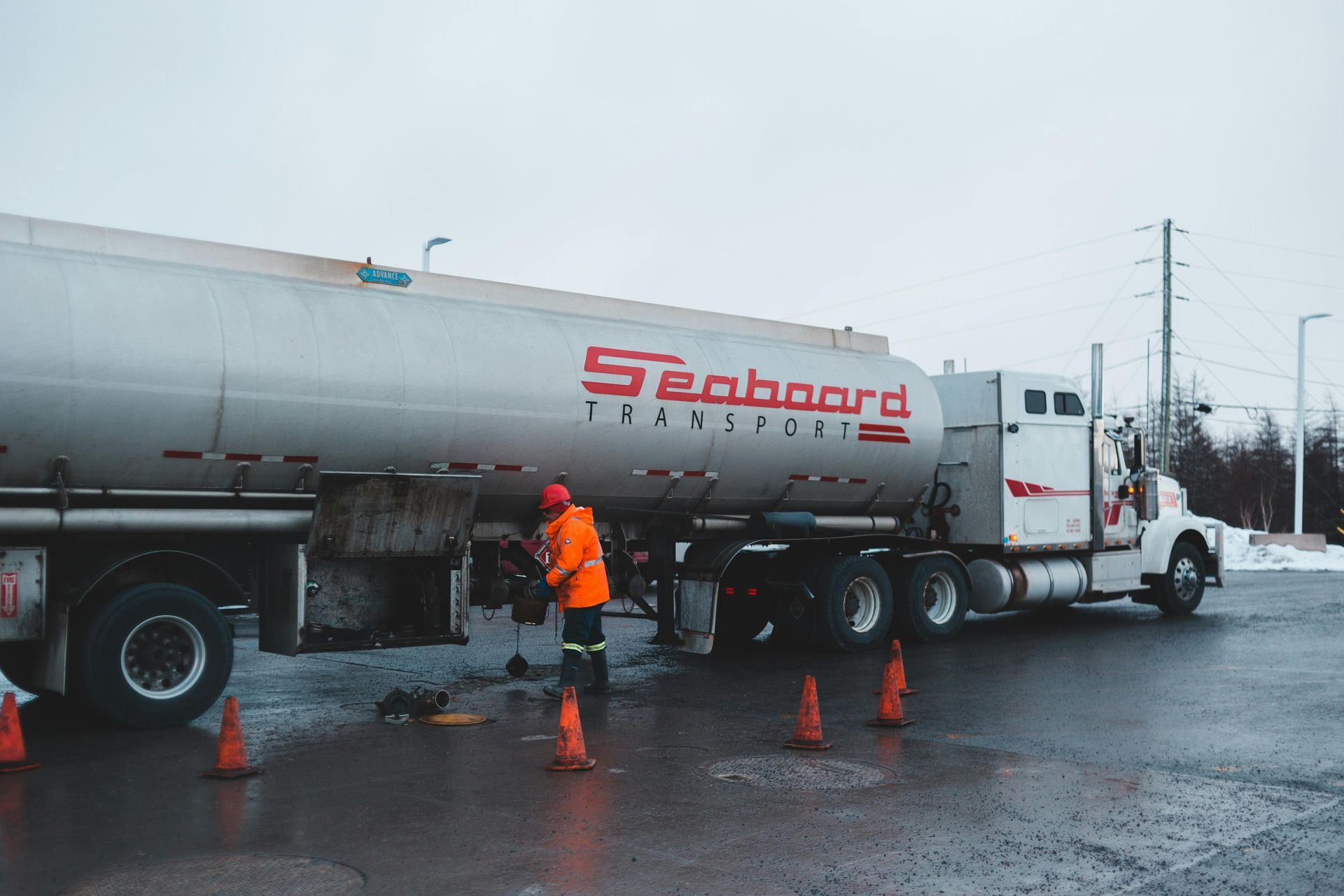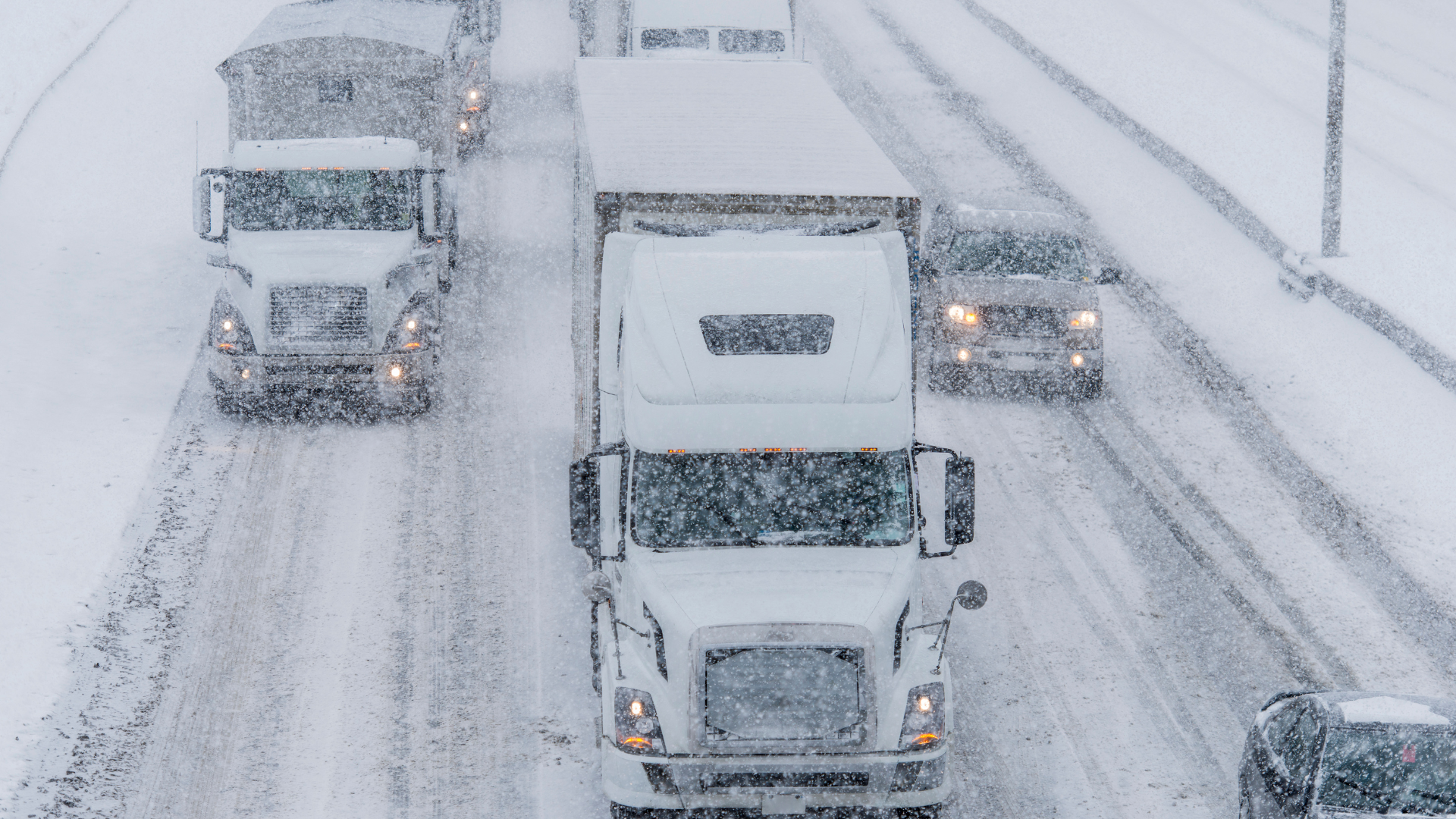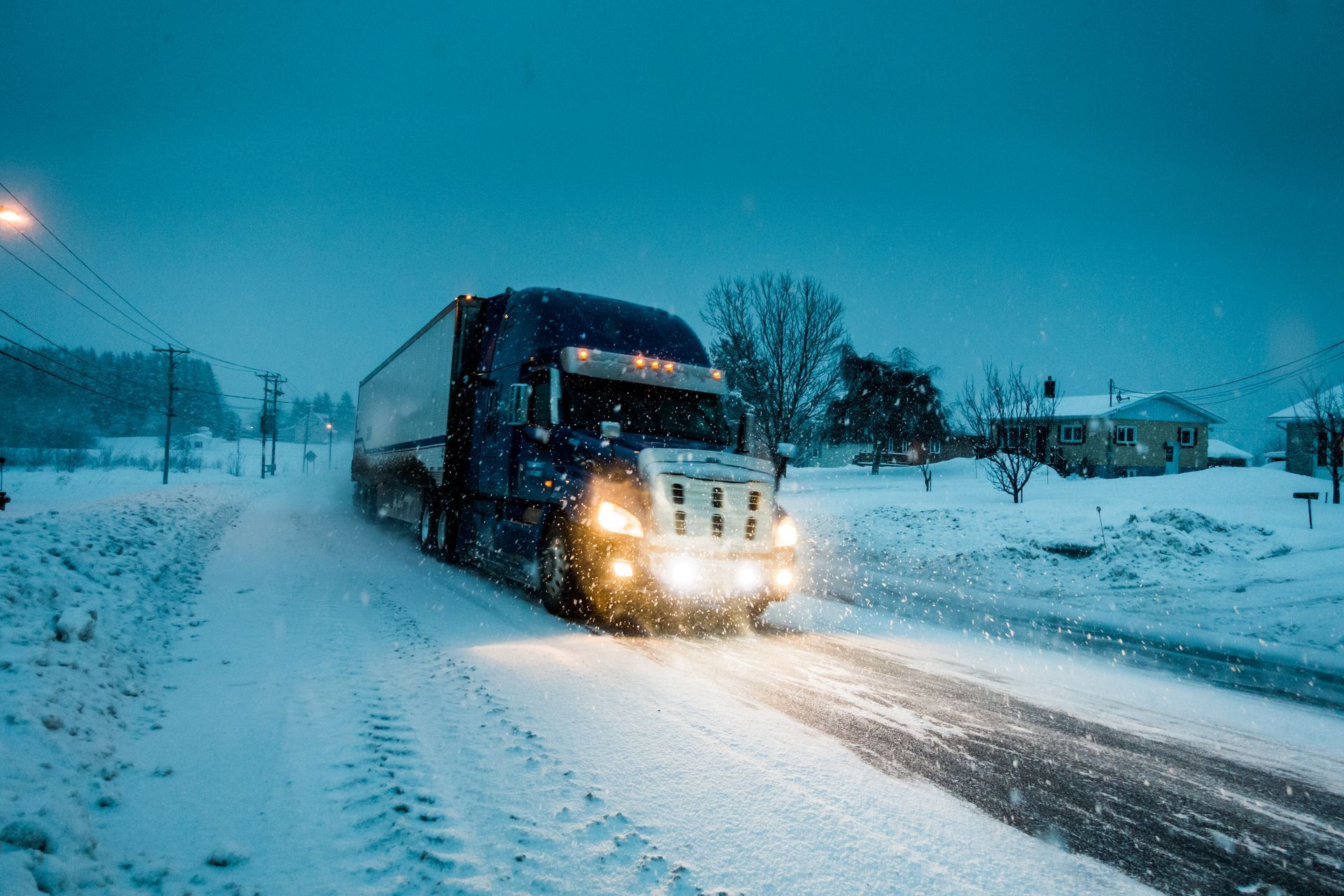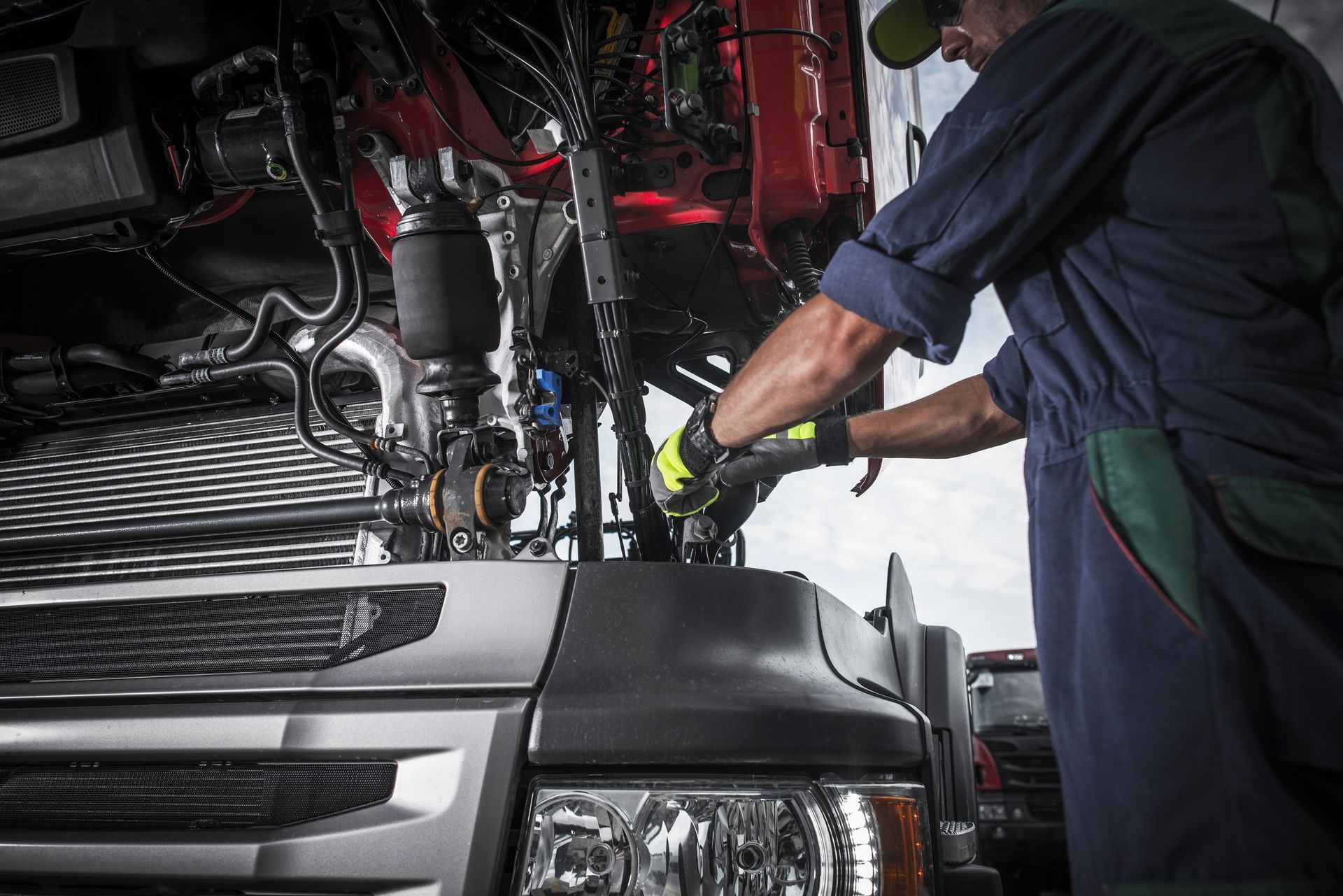Top 5 Reasons Commercial Truck Batteries Fail (And How to Prevent It)
Batteries are often overlooked in diesel truck maintenance—until they fail. And when they do, the results are rarely convenient. Whether you're stuck at a remote loading dock, rest stop, or miles outside Trinidad, a dead battery means lost time, potential towing fees, and a delay in your delivery schedule.
At CCC Repair and Trucking, we perform 24/7 mobile diagnostics and battery replacements across Southern Colorado. Over the years, we’ve seen consistent patterns in why commercial truck batteries fail—and how early action can prevent a roadside breakdown.
Here are the top five reasons diesel truck batteries go bad, plus tips on what you can do to keep your rig reliable year-round.
1. Age and Natural Wear
Like all batteries, those in diesel trucks have a limited lifespan—typically between three and five years, depending on usage and climate. Over time, internal corrosion, sulfation, and natural degradation reduce the battery's ability to hold a charge.
What happens when batteries age:
- Hard starts, especially in cold weather
- Flickering lights or power surges
- Inability to crank the engine under load
How to prevent it:
- Replace batteries every three to four years as part of your preventative maintenance schedule.
- Perform regular load testing to ensure batteries are operating within spec.
- Monitor battery voltage during inspections—both under load and at rest.
At CCC Repair, we can test your battery and charging system in minutes and recommend replacement before failure occurs.
2. Extreme Temperatures
Colorado’s climate presents both hot summers and bitter cold winters—conditions that wreak havoc on batteries. High heat speeds up chemical aging, while freezing temperatures make it harder for older batteries to provide sufficient cranking power.
Common symptoms of temperature-related battery failure:
- Sluggish starting in the morning
- Clicking or silence when turning the key
- Sudden power loss when using accessories or lights
How to prevent it:
- Keep terminals clean and corrosion-free to reduce resistance.
- Use battery blankets or thermal protection during extreme cold.
- Replace older batteries before winter hits.
Our mobile service team responds to cold-start failures throughout the region during winter. Don’t wait until it’s ten degrees and your truck won’t start.
3. Alternator or Charging System Problems
Many drivers assume the battery is the issue when the real problem is the charging system. A weak or failing alternator may undercharge the battery, causing it to drain faster or fail completely. On the flip side, an overcharging alternator can boil the battery and shorten its life dramatically.
Signs of a charging system problem:
- Warning lights on the dash (battery or voltage)
- Dim lights while idling
- Battery draining overnight despite being new
How to prevent it:
- Get regular charging system checks.
- Replace worn alternator belts and test voltage regulators.
- If your truck has multiple electrical accessories (aux heaters, GPS systems, etc.), monitor load demands.
CCC Repair can test your alternator and voltage output on-site and determine whether the battery or charging system is the root issue.
4. Vibration and Loose Mounting
In heavy-duty trucks, vibration is constant—especially on rural or mountain roads. If the battery isn’t securely mounted, vibration can damage internal plates or loosen terminals, which eventually leads to failure.
What you might see:
- Loose or damaged battery cables
- Cracks in the battery case
- Sudden failure with no warning
How to prevent it:
- Secure all batteries with the proper hold-down brackets.
- Inspect battery trays and tie-downs during every PM.
- Ensure terminals are tight and show no signs of movement.
Our technicians check for vibration-related wear during mobile inspections or when replacing any electrical components.
5. Parasitic Drains and Idle Draw
Parasitic draws happen when components continue to draw power even when the truck is off. These can be caused by aging inverters, faulty relays, aftermarket accessories, or short circuits.
Symptoms of parasitic drain:
- Battery dies overnight
- Repeated jump-starts with no clear cause
- Inconsistent battery performance across days
How to prevent it:
- Disconnect or switch off non-essential electronics when parked.
- Test for parasitic drain with a multimeter during maintenance.
- Work with a technician to isolate and repair persistent draws.
At CCC Repair, we use diagnostic tools to pinpoint the exact source of drain, preventing trial-and-error replacements.
What CCC Repair and Trucking Offers
If your truck struggles to start or your batteries are more than three years old, it’s time for a system check. We provide:
- 24/7 mobile battery replacement across Southern Colorado
- Charging system and alternator testing
- On-site load testing and diagnostics
- Terminal cleaning and cable repairs
- Preventative fleet battery checks
Whether you’re an owner-operator or manage a regional fleet, we help prevent battery failures before they turn into downtime.
FAQs
How long do truck batteries usually last?
Three to five years under normal conditions. Less if exposed to extreme heat, vibration, or frequent deep cycling.
How do I know if it’s my alternator or battery?
Both can cause hard starts. Our team runs a full system test to identify whether the battery is weak or the alternator isn’t charging it properly.
Can CCC Repair replace a battery roadside?
Yes. We carry heavy-duty commercial-grade batteries and install them on-site, 24/7, with proper disposal of the old unit.
Don’t Let a Dead Battery Derail Your Route
Delaying diesel truck repairs can cost far more than most drivers expect. Whether it is a worn brake pad, a blinking check engine light, or a coolant leak, it is always better to act early.
CCC Repair and Trucking is here to help you prevent breakdowns, reduce costs, and keep your schedule on track. Call us any time, day or night, for diagnostics, repairs, or fleet support.


